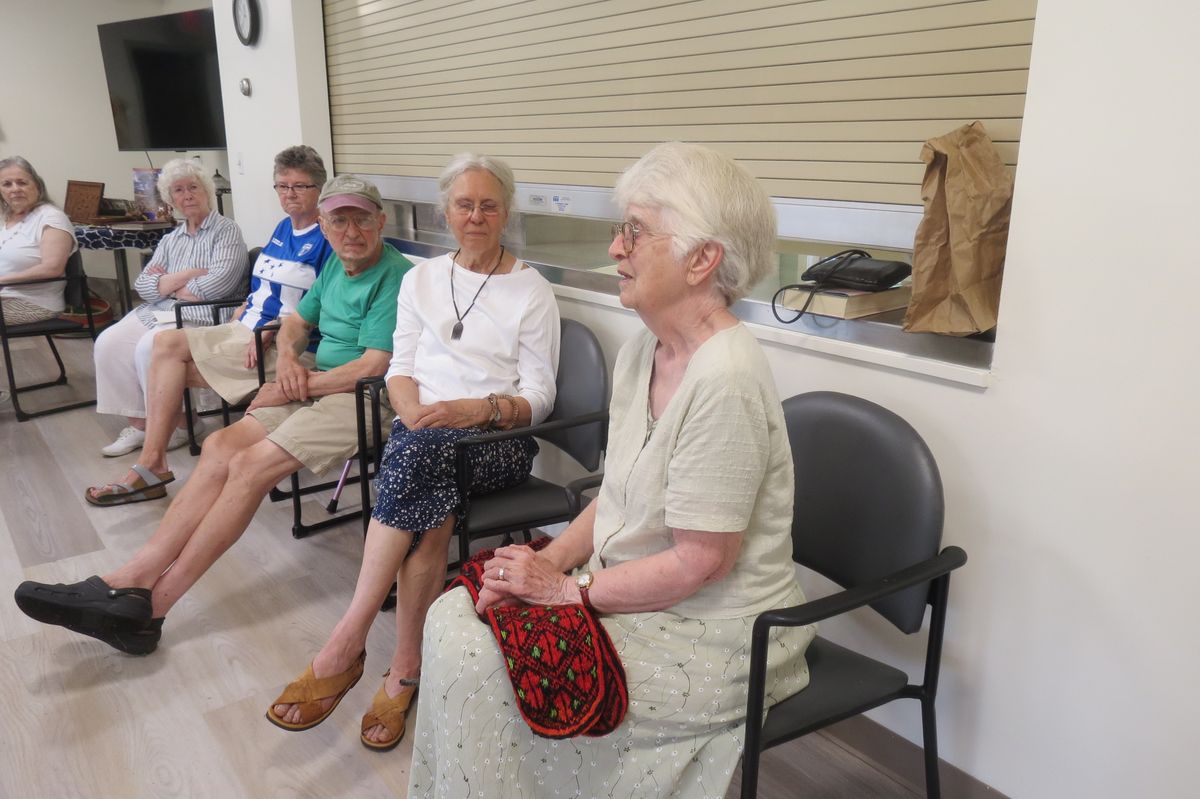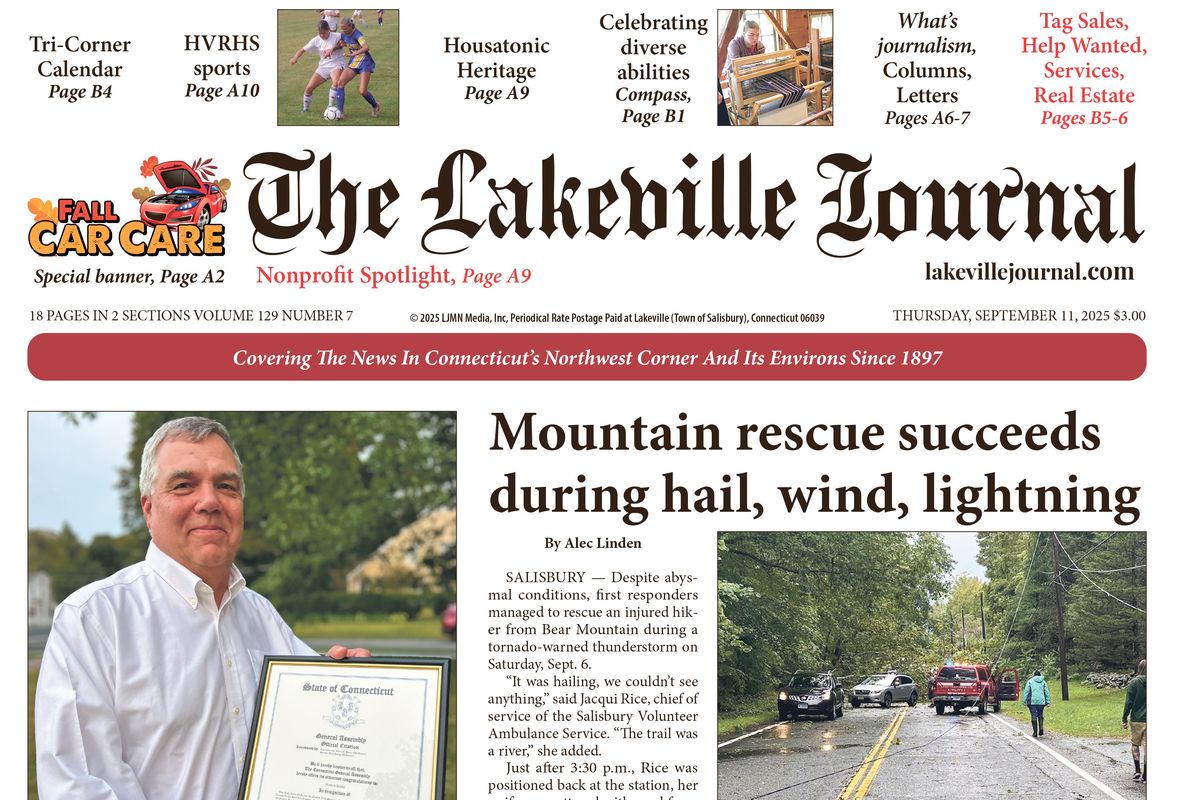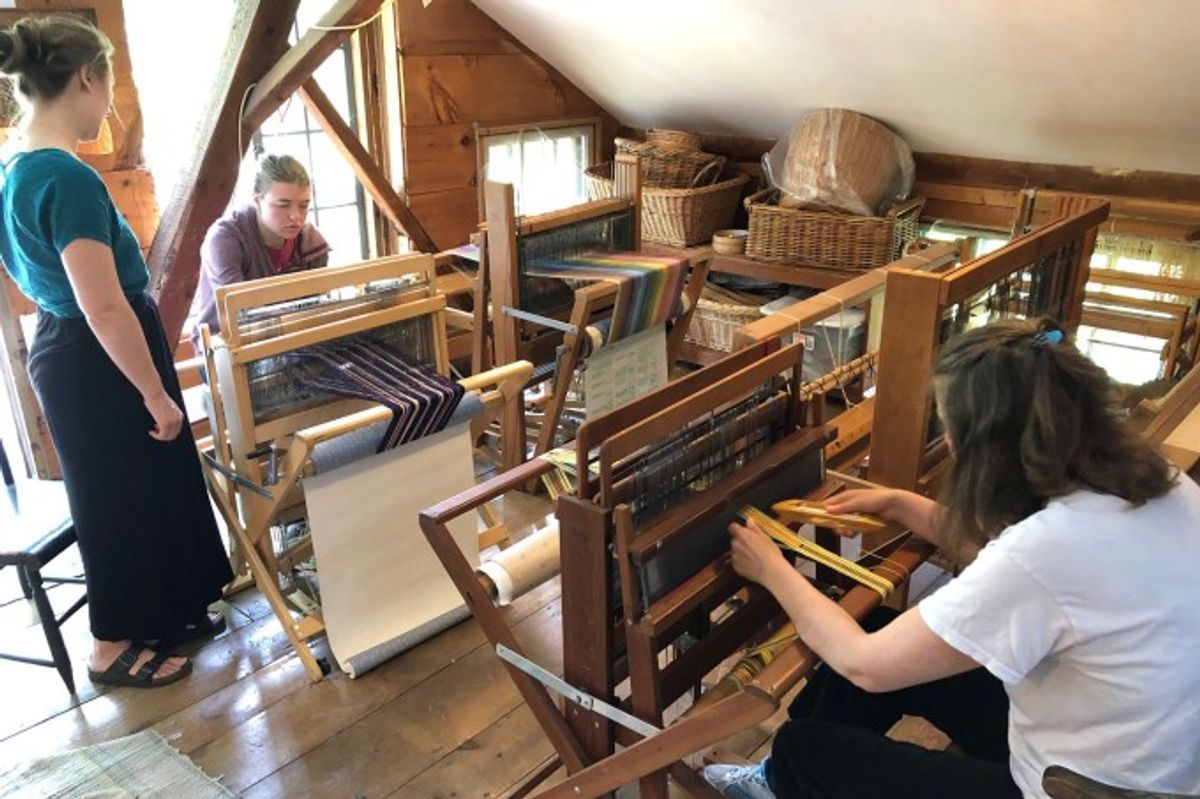Peace Corps alumni recall ‘the toughest job you’ll ever love’

Several Kent residents who served in the Peace Corps speak at the July 16 ‘People and Places’ session co-sponsored by the Kent Senior Center and Kent Historical Society. From left are Barbara Psarakis, Irene Coe, Denis Curtiss, Barbara Curtiss and Catherine Bachrach.
Photo by Ruth Epstein









